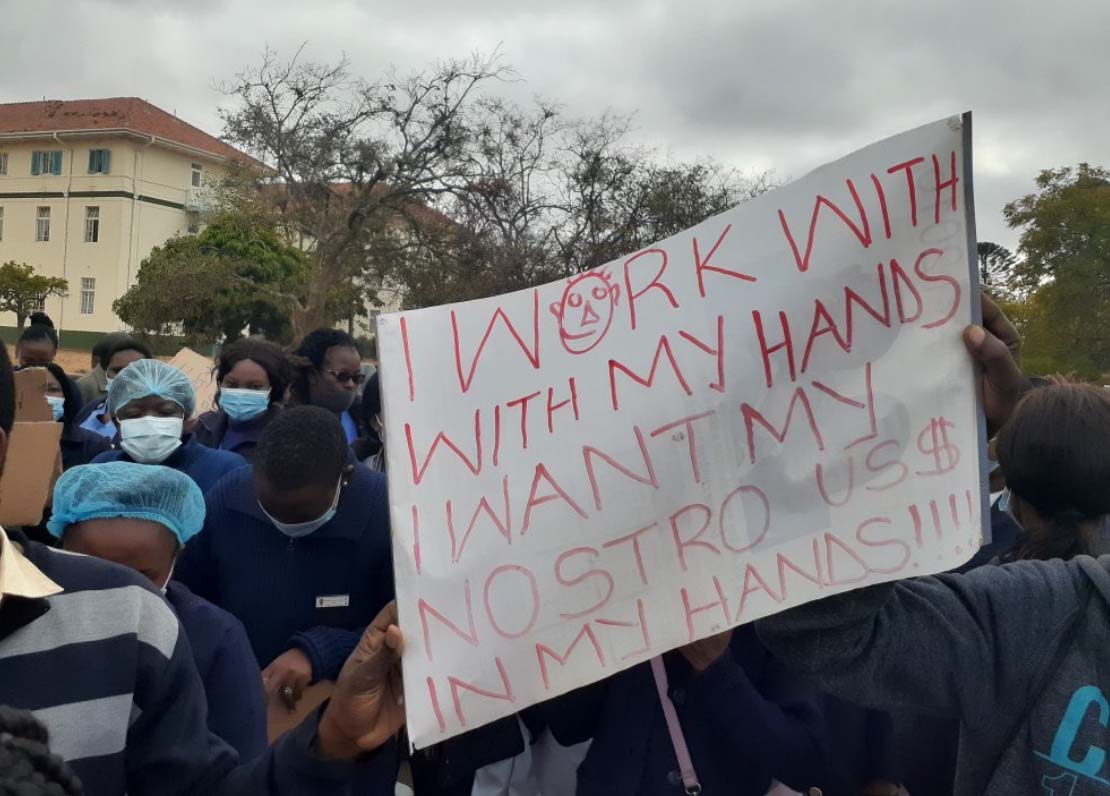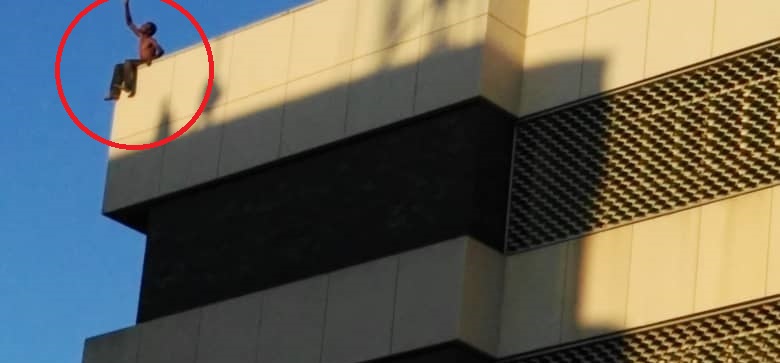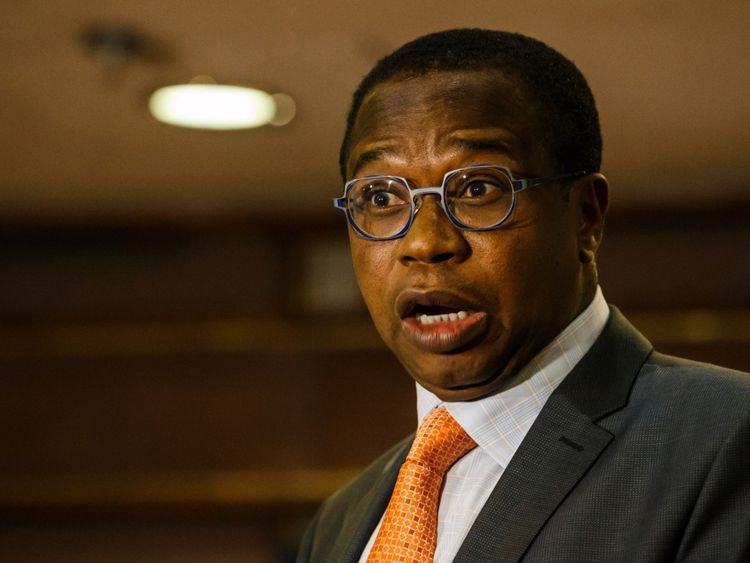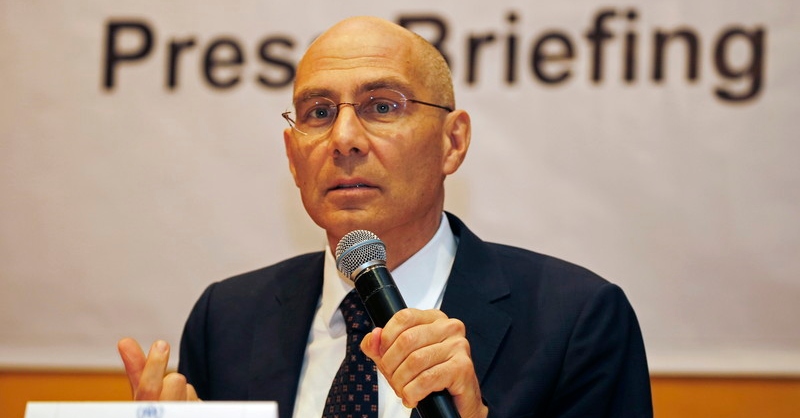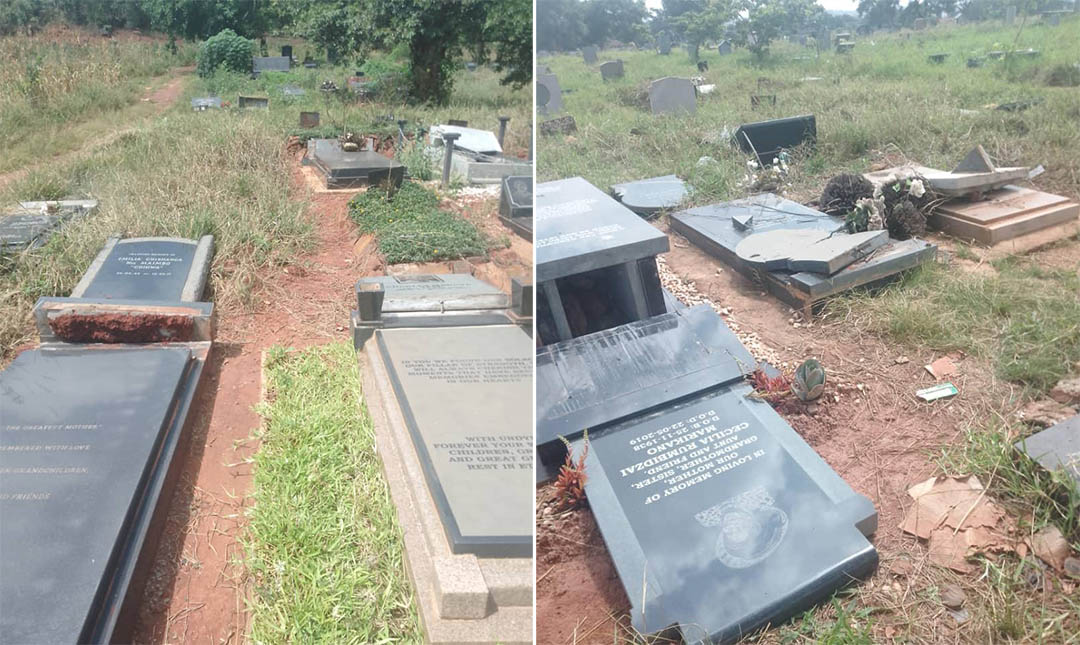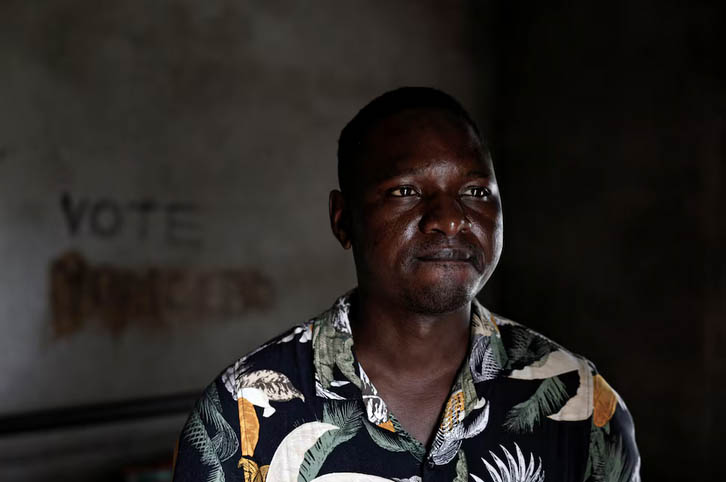HARARE – Doctors joined a strike by nurses on Thursday after rejecting a 50 percent salary increase announced by the government a day earlier.
Fourteen unions representing government health workers signed a joint statement declaring that they are “economically incapacitated to continue reporting for duty until the remuneration package is reviewed to our satisfaction.”
In a letter to the Health Services Board, the workers wrote: “The health workers demand that salaries revert back to the October 1, 2018, levels that were quoted in the United States dollar which is a stable currency that can store value of that salary…
“Therefore, we would like to officially communicate as the Health Apex that health workers have withdrawn their services with immediate effect until our demands have been met.”
The Zimbabwe Hospital Doctors Association, the Senior Hospital Doctors Association and the Zimbabwe Nurses Association were among the signatories.
Nurses and doctors staged demonstrations at the United Bulawayo Hospitals, Ingutsheni Psychiatric Hospital and Mpilo Central Hospital in Bulawayo before police ordered them to disperse, and threatened those who refused to comply with arrest.
More demonstrations were also witnessed at Sally Mugabe Hospital, formerly Harare Hospital.
The demonstrating health workers held up placards with messages like ‘Should We Turn to Prostitution?’ and ‘No US Dollar No Work’.
The strike began on Wednesday when nurses walked out at Parirenyatwa Hospital in Harare, the country’s biggest medical facility.
The health workers are demanding their salaries in United States dollars to protect their pay and pensions from soaring inflation.
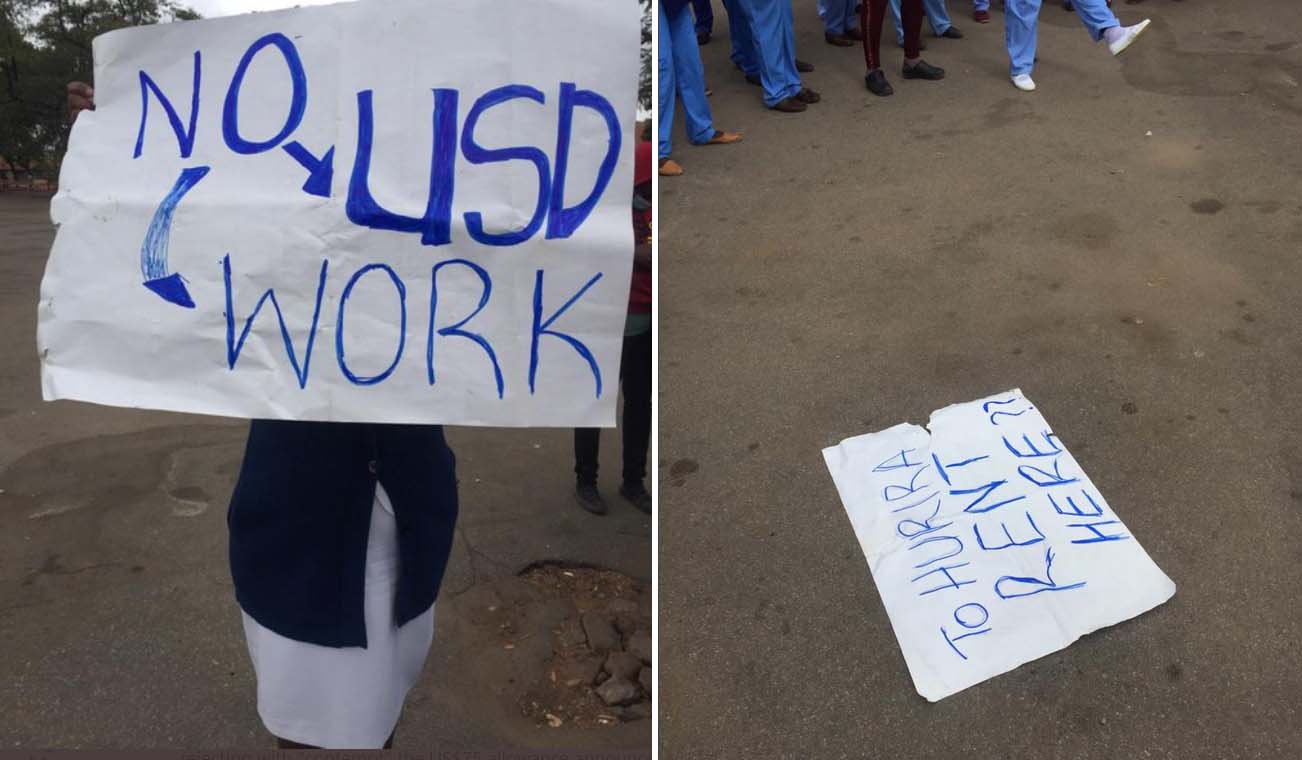
Workers fear the country is returning to the 2008 era when a bout of hyperinflation rendered salaries and savings worthless. The government brought back the Zimbabwe dollar last June.
Finance Minister Mthuli Ncube on Wednesday said the salary hike would take immediate effect, adding that workers would also get a monthly allowance of US$75 – but officials admitted this money cannot be withdrawn, it can be used for purchases in the way a gift voucher works.
“It will not come in notes form,” said George Charamba, the spokesman for the presidency. “It will be a purchasing electronic card to ensure this enhanced power does not feed the parallel market.”
Inflation has risen to 785 percent. The price of bread and sugar increased by at least 30 percent this week alone.
The health workers began their protest despite concerns about the impact on Zimbabwe’s fight against Covid-19, which has infected 401 people and killed four.
Zimbabwe Nurses Association secretary general Enock Dongo said the least-paid nurses were earning a net monthly salary of 2,000 Zimbabwe dollars.
The Zimbabwe dollar is fixed at 25 to the U.S. dollar but trades at around 80 on the black market. Businesses calculate prices using black market rates.
Central bank governor John Mangudya said in a statement Zimbabwe would introduce an auction system from June 23 to improve transparency in foreign currency trading.
The move is meant to remove the discredited fixed exchange rate that exporters say disadvantages them and makes the cost of business more expensive.
Mangudya said individuals and companies would be allowed to make a single bid of up to a maximum of US$500,000 per auction, with the minimum set at US$50,000. – Staff Reporter/Reuters
